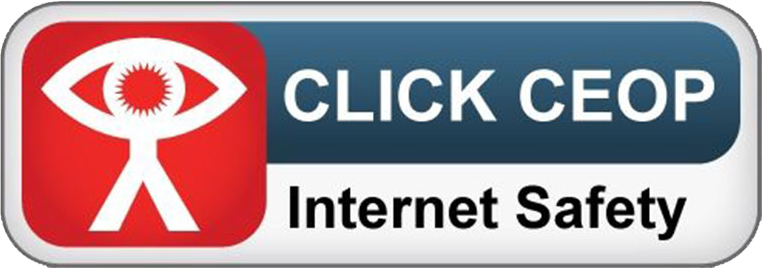Three Ways School strives to be a healthy school and P.E. plays an important role in this. P.E. is a practical subject that enables all pupils to participate in enjoyable, exciting and challenging physical activities. These, in turn, generate good health, fitness and feelings of contentment. P.E. provides opportunities for the development of physical, personal, social and intellectual skills and it encourages positive thinking, positive actions, co-operation, tolerance and respect for others. P.E. promotes the undertaking of exercises that can be continued into adulthood as part of a healthy lifestyle.
Pupils with profound & Multiple Learning Difficulties
Pupils with PMLD will access P.E. with their peer group via a sensory approach, which will focus on how pupils communicate during physical experiences. This may include individual mobility plans where appropriate.
Pupils with Autistic Spectrum Disorder
Pupils with ASD will access PE with their peer group via an approach, which will focus on structure and energy release.
The role of therapies:
Pupils with profound and multiple learning difficulties and pupils who are non-ambulant will follow programmes that include regular and specific physiotherapy routines aimed at maintaining and developing movement. Alternative approaches to movement are also used. These include hydrotherapy, Rebound therapy, M.O.V.E.. Mobility opportunities via education where appropriate and if possible pupils are given access to the full PE curriculum.
Community facilities available:
The school also has a large range of adapted equipment to enable access to PE activities for all pupils.

